Frederica Freyberg:
Many private and public employers mandate training programs designed to encourage inclusivity and discourage racial bias in the workplace. But how well do they work? In tonight’s look ahead, our next guest, UW-Madison Professor of Psychology, Markus Brauer, says they may not work very well. He joins us now. Thanks very much for being here.
Markus Brauer:
Thank you.
Frederica Freyberg:
In particular, you say that implicit bias training doesn’t work. What is implicit bias?
Markus Brauer:
Implicit bias refers to the fact that we have automatic associations between certain social groups and positive or negative concepts. And the idea is that we have these associations created in our head and then they influence our behavior. The problem is recent studies show that there is no link between somebody’s automatic associations, usually measured by a test on a computer screen, and their discriminatory behavior. So right now, there’s really no evidence suggesting that effecting, trying to change somebody’s automatic associations, has any effect on their behavior towards other people.
Frederica Freyberg:
And that’s what this training does? It basically tries to change people’s behavior by telling them about implicit bias?
Markus Brauer:
Yes. It’s usually framed as if the problem of discrimination is one of implicit bias and then in order to change that problem, to address that problem, we have to change people’s implicit associations. And the evidence just shows that that does not work.
Frederica Freyberg:
So what would work better in terms of this kind of training?
Markus Brauer:
There is a question of whether diversity training, the format itself, is even the best training. So having people come in a room and then discuss issues with a facilitator may not be the best format. We don’t use that format in other domains such as, I don’t know, sustainability, public health, other risky behaviors. That’s not how we try to influence other people — behaviors, people’s behaviors in other domains. So what would work is approaches that are based on changing social norms, for instance. If we can somehow communicate to people that that is a setting where it is counter normative to behave in a discriminatory way, where it is very normal and common to have positive attitudes towards other people, to endorse the diversity initiatives, then we can actually change people’s behaviors. Other approaches are based on the idea that prejudice or discriminating against others or hurting their feelings is sort of a habit that we have taken on and we have to break that prejudice habit. So the recent literature on changing habits is very relevant and there are workshops that address specifically that.
Frederica Freyberg:
You also talk about entertainment, kind of embedding messages of antidiscrimination or equity in TV shows.
Markus Brauer:
Yes. That’s something we’ve done a lot of research on and it turns out that that’s highly effective. It’s used a lot in public health. And we have shown that it works equally well in the diversity domain. So the idea is that when people consume entertainment media, they’re not on guard. They’re less resistant to attitude change. And when you have embedded pro-diversity messages in these entertainment media, you really get to people. They see social role models. They see people get rewarded for the desirable behavior and it really has an effect, including a long-term effect.
Frederica Freyberg:
One of the things you want to make sure people know thought is that you’re not saying that there isn’t an issue with discrimination.
Markus Brauer:
Yes. Thank you for bringing that up. The fact that the literature shows that implicit bias training is ineffective means by no means that I think that discrimination is no longer a problem in our society. Quite to the contrary. I think it’s an important problem. And this is why we should use techniques and interventions that have been rigorously evaluated and that have been shown to be effective.
Frederica Freyberg:
Very briefly, with about 30 seconds left, is doing nothing, though, better than implicit bias training?
Markus Brauer:
The evidence is mixed. There are some studies show that implicit bias training is counterproductive, actually has negative effect. It decreases the number of women and minorities in leadership positions. People who attend this training are angry and frustrated when they get out of this training. So it could be doing nothing is the same. But at least the positive aspect of implicit bias training is that the management shows that it cares about diversity and that it wants to do something about it. So that’s the positive effect.
Frederica Freyberg:
All right. Marcus Brauer, thanks very much.
Markus Brauer:
Thank you.
Search Episodes
News Stories from PBS Wisconsin

Donate to sign up. Activate and sign in to Passport. It's that easy to help PBS Wisconsin serve your community through media that educates, inspires, and entertains.
Make your membership gift today
Only for new users: Activate Passport using your code or email address
Already a member?
Look up my account
Need some help? Go to FAQ or visit PBS Passport Help
Need help accessing PBS Wisconsin anywhere?

Online Access | Platform & Device Access | Cable or Satellite Access | Over-The-Air Access
Visit Access Guide
Need help accessing PBS Wisconsin anywhere?

Visit Our
Live TV Access Guide
Online AccessPlatform & Device Access
Cable or Satellite Access
Over-The-Air Access
Visit Access Guide
 Passport
Passport

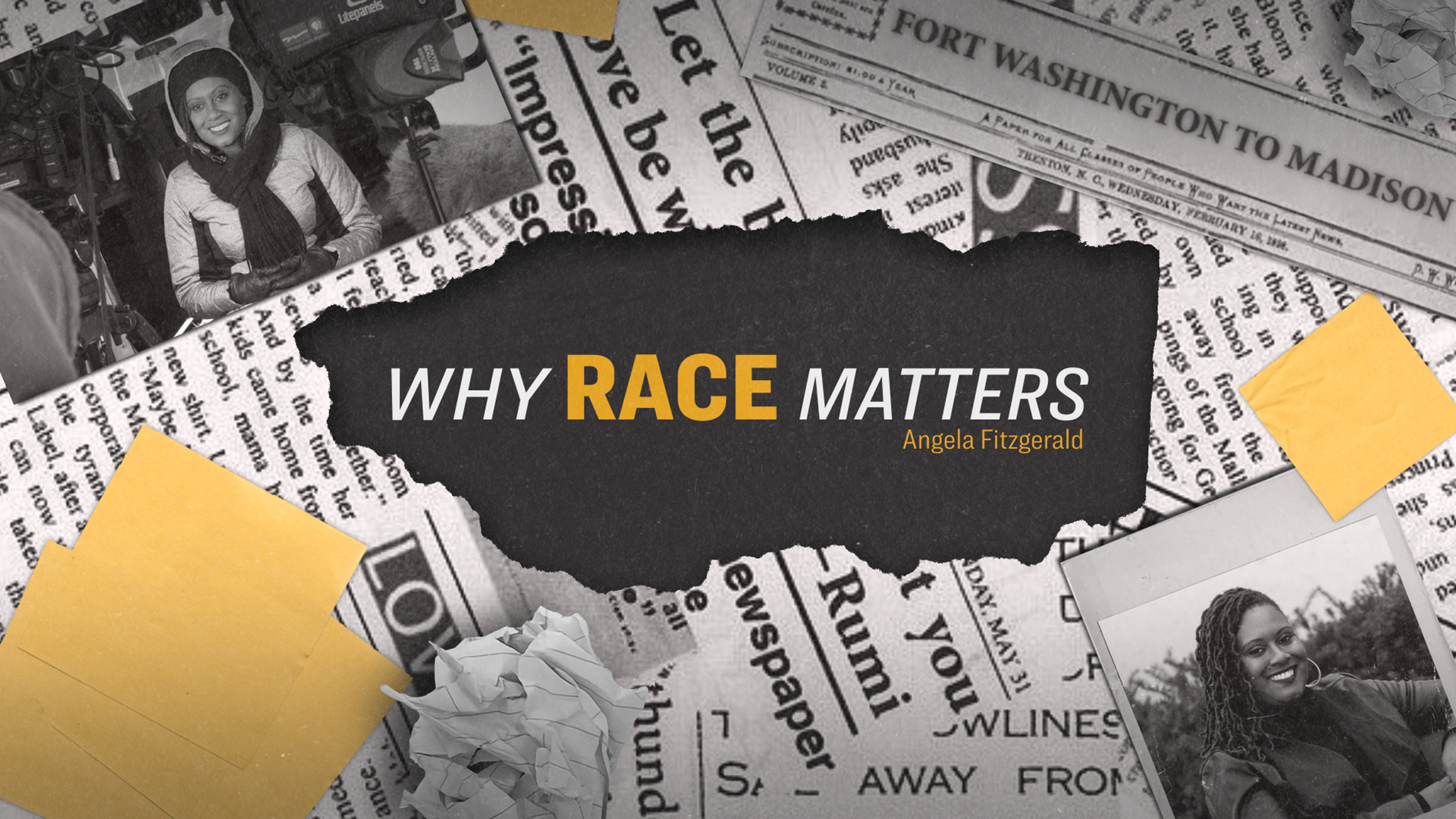




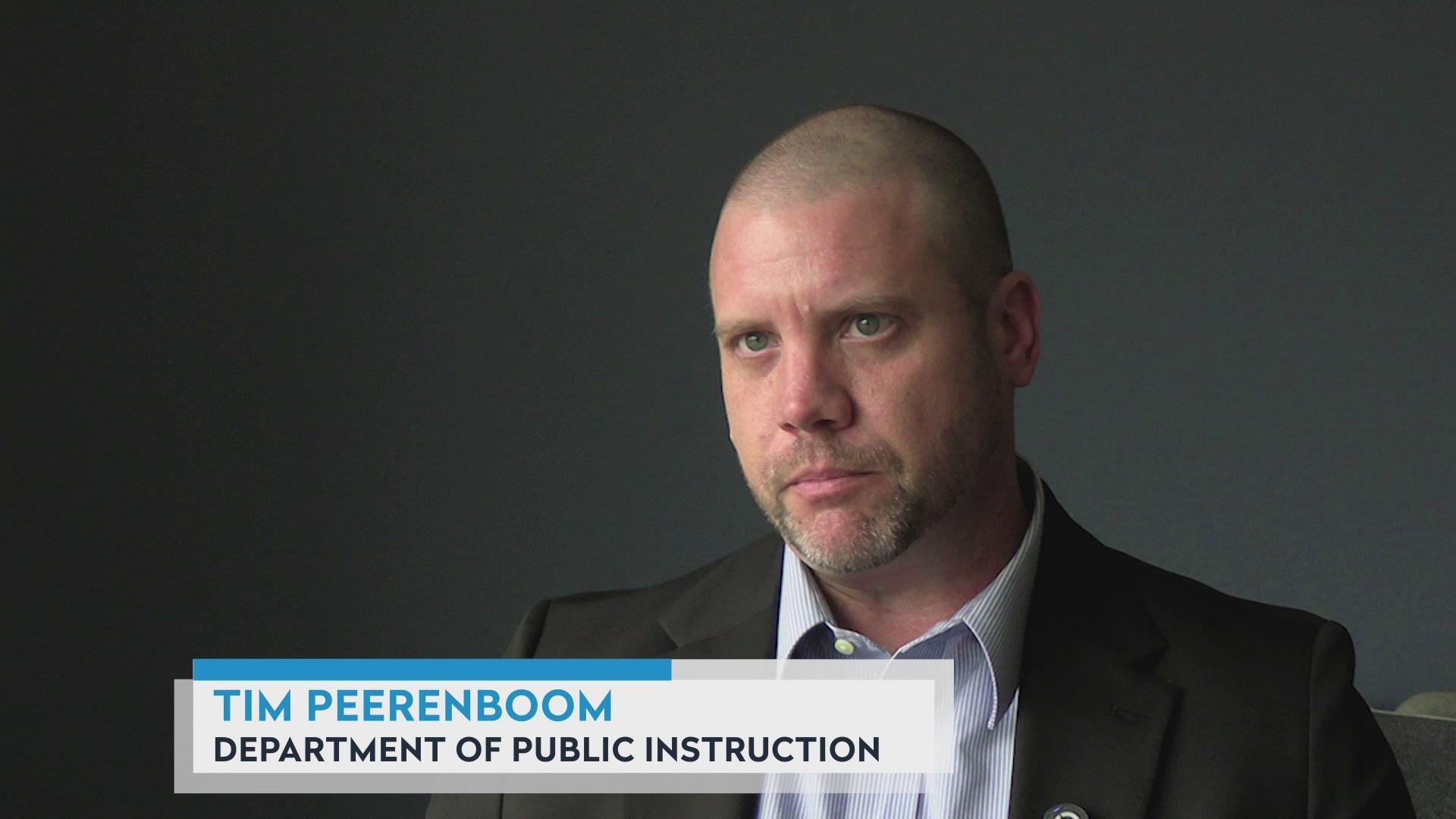





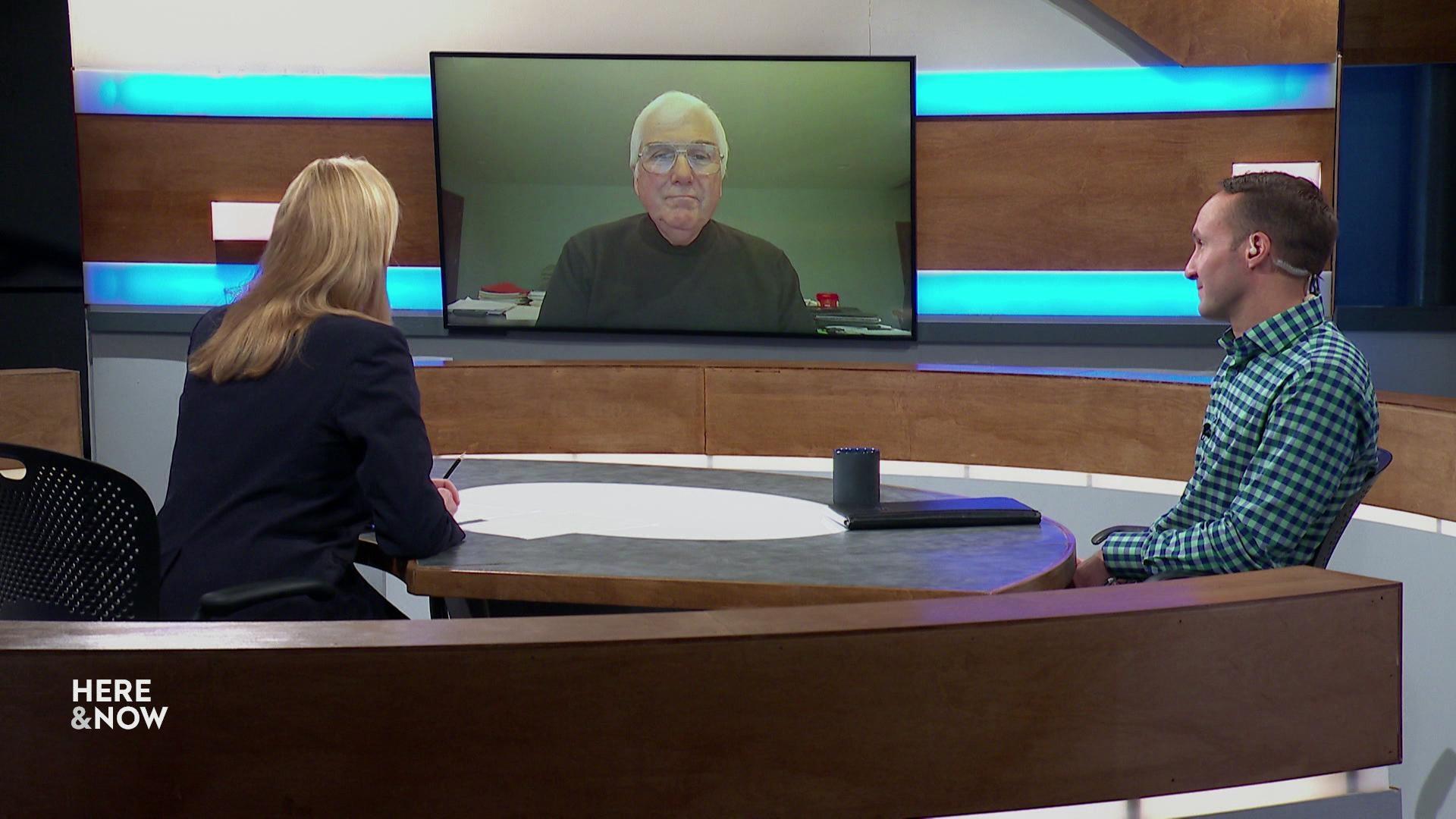
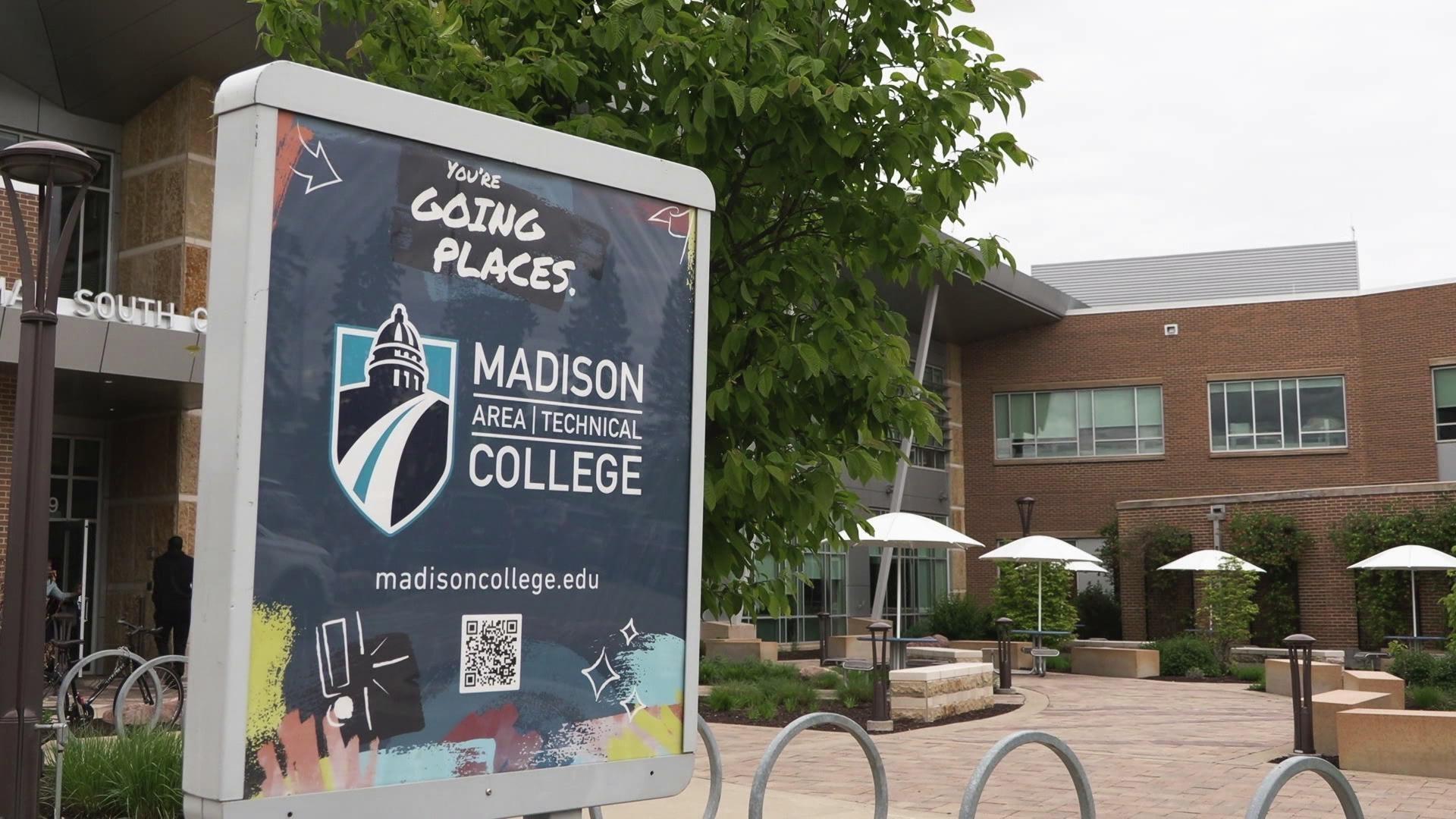

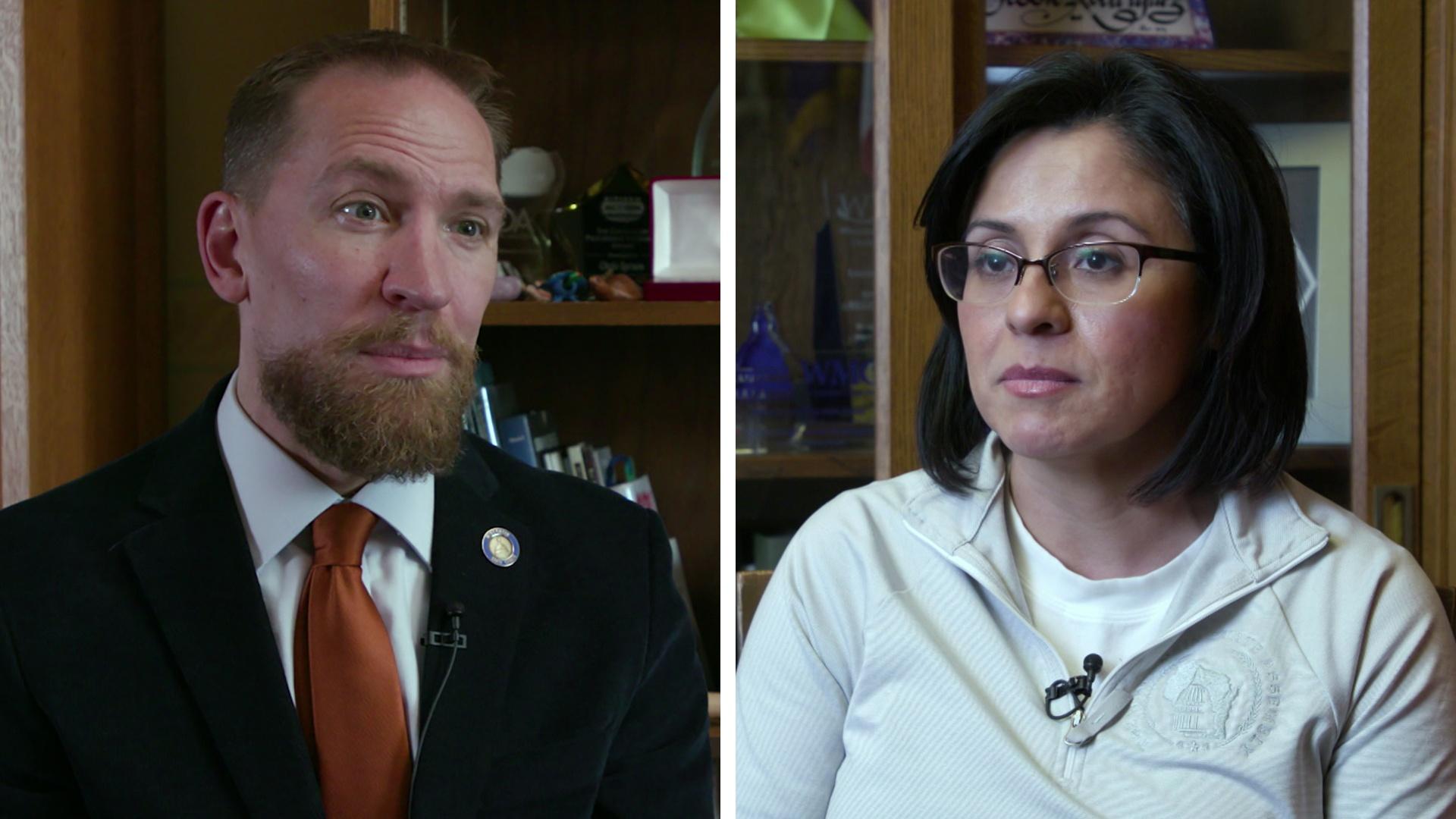



Follow Us